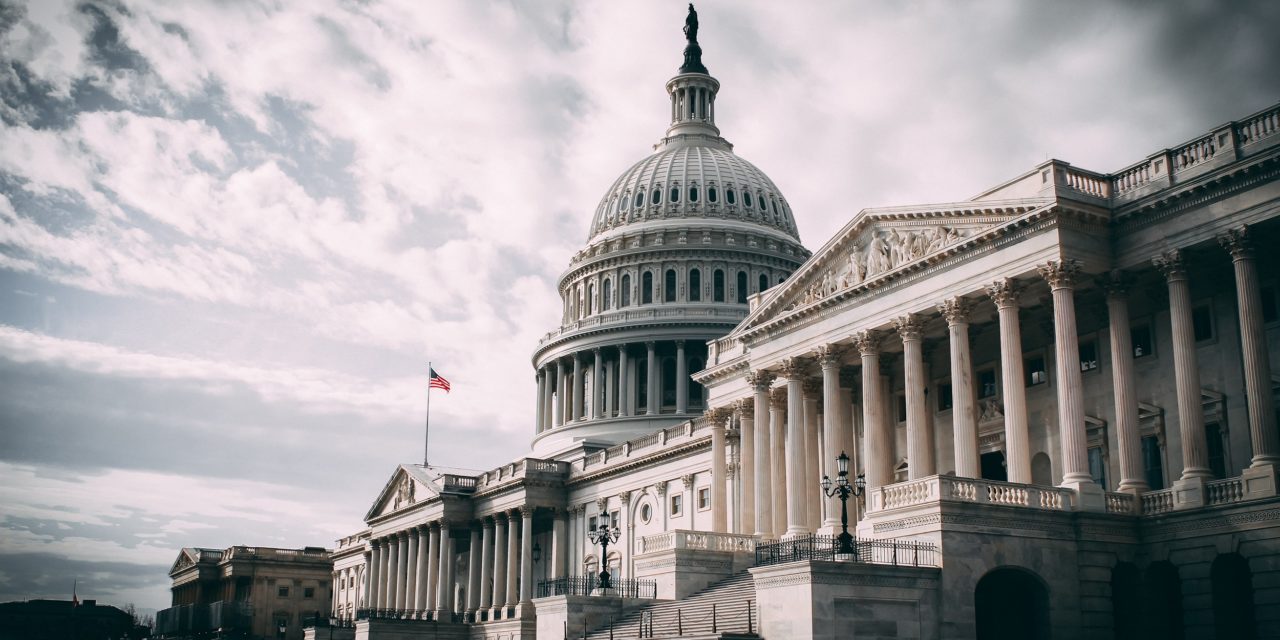Introduction
Following the enactment into law of his American Rescue Plan on March 11, 2021, legislation primarily aimed at providing continued COVID-19 relief, President Biden has unveiled two broad proposals that could deliver on a number of his campaign promises.
On April 7, 2021, the U.S. Treasury Department (“Treasury”) released the Made in America Tax Plan (“MAT Plan”), proposed tax changes designed to provide revenue to help pay for President Biden’s proposed American Jobs Plan, an approximately $2.0 trillion (or more) federal expenditure plan released on March 31, 2021. In the words of the administration, the American Jobs Plan is designed to “create millions of good jobs, rebuild our country’s physical infrastructure and workforce, and spark innovation and manufacturing here at home.” The Biden administration also released a package of international tax proposals focused on seeking agreement with the Organization for Economic Cooperation & Development on an international corporate or business minimum tax.
On April 28, 2021, President Biden announced the American Families Plan, an estimated $1.8 trillion “investment in our children and our families – helping families cover the basic expenses . . ., lowering health insurance premiums, and continuing the American Rescue Plan’s . . . reductions in child poverty,” according to the administration.
At this time, these two sets of proposals are painted with broad strokes. They do not contain legislative language that can be parsed by tax professionals, economists and policy analysts. Many questions remain. It is most likely that actual legislation, if enacted, may be much different and the product of significant negotiations and compromise. Any laws incorporating these concepts may be much different than these summary proposals.
An important outstanding question is whether these proposed changes are only prospective at a future date certain or if all or some of the propositions may be applied retroactively to, say, January 1, 2021. Other applicable dates might apply.
Nevertheless, we encourage you to reach out and start any potential consultations now with your tax, estate planning, and investment professionals. While some experts disagree with his blanket statement, President Biden says that the proposed changes will not increase income taxes on taxpayers with income (not defined) of $400,000 or less. Taxpayers with higher incomes will face tax increases under the proposals. Capital gains rates could reach 43.4%. Many more people could be subject to estate and/or gift taxes. With several important exceptions, a married couple with a combined estate greater than $2,500,000 (including the $500,000 gain exclusion on sale of a primary residence) could be subject to an estate tax. Decedents’ estates also may be subject to a kind of substitute income tax levied on unrecognized gains at the time of death. As discussed below, there are other changes.
In this two-part series, we discuss the tax funding proposals in the MAT Plan and the American Families Plan. Unless otherwise indicated in the following text, we do not address the various “tax expenditures” in the American Jobs Plan and the American Families Plan. The Congressional Budget and Impoundment Control Act of 1974 defines tax expenditures as “revenue losses attributable to provisions of the Federal tax laws which allow a special exclusion, exemption, or deduction from gross income or which provide a special credit, a preferential rate of tax, or a deferral of tax liability.” In laymen’s language, this means that tax expenditures are considered uses of funds rather than reduction in the sources of funds. That difference is meaningful in Washington.
In this Part I, we highlight significant tax funding proposals found in the MAT Plan. In Part II, we examine tax funding proposals in the American Families Plan.
Major Tax Funding Proposals in President Biden’s Made in America Tax Plan
For the most part, the tax funding proposals in the MAT Plan affect corporations. To a more limited extent, some of the proposals affect businesses, regardless of legal structure.
In summary, major tax funding proposals include:
- Raise the corporate tax rate to 28% from the current tax rate of 21%.
- Increase global minimum tax paid to 21%.
- In 2017, the Tax Cuts and Jobs Act (“TCJA”) imposed a 21% tax on “global intangible low-taxed income” (“GILTI”). The TCJA generally defined GILTI as income earned overseas by controlled foreign corporations of U.S. taxpayers (other than Subpart F income) that exceeds a threshold amount. The TCJA also allowed corporate taxpayers to deduct 50% of their GILTI income, resulting in an effective tax rate of 10.5%.
- The Biden administration believes that these provisions encourage offshoring of jobs and profits to take advantage of the 10.5% tax rate. In an attempt to remedy this situation, the MAT Plan will eliminate the 50% deduction for corporations under GILTI, causing corporations to pay a global minimum tax rate of 21% instead of 10.5%. In addition, the new global minimum tax rate will be calculated on a country-by-country basis in order to limit the ability for corporations to offset losses incurred in one country against income earned in another. This proposal may also eliminate the current exemption from GILTI for income equal to 10% of the foreign corporation’s “Qualified Business Asset Investment.”
- The “foreign derived intangible income” (“FDII”) deduction enacted as part of the TCJA is a tax incentive for C corporations that derive income from foreign markets, resulting in an effective tax rate of 13.125% on qualifying exports. The intention of this provision was to encourage corporation to keep and exploit valuable intangible assets, such as intellectual property, and perform export-type functions and sales from the U.S. The MAT Plan would repeal the FDII in its entirety.
- The TCJA enacted the base erosion and anti-abuse tax (“BEAT”), a 10% additional minimum tax that applies to large multinational corporations that make tax deductible payments to their foreign related parties. The Biden administration would repeal BEAT and replace with SHIELD (Stopping Harmful Inversions and Ending Low-Tax Developments). SHIELD would, among other provisions, preclude the deduction of payments to related parties subject to a low effective rate of tax in a foreign jurisdiction.
- Impose a 15% minimum tax on book income of “large corporations,” a term defined as a company reporting a profit (not defined) of $2.0 billion or more on its financial statements.
- According to the MAT Plan, there are only 180 companies that would exceed the threshold and only 45 that would pay the minimum tax.
- Stiffen the rules on corporate inversions.
- The Biden administration will seek a global agreement through the Organization of Economic Cooperation and Development that the world’s largest multinational businesses pay taxes to their national government based on local sales- regardless of their physical presence in any other country.
- Eliminate tax benefits for the fossil fuels sector.
- While the administration’s proposal does not state what tax benefits should be eliminated, we suspect that they are addressing (1) the election to immediately deduct intangible drilling and completion costs and (2) the percentage depletion deduction.
- Increase tax enforcement.
- The MAT Plan proposes additional funds for the Internal Revenue Service to enforce tax compliance of corporations and “the wealthy individuals that own them.”
Conclusion
We will publish shortly Part II of our analysis addressing the tax funding provisions of the American Families Plan. Many people and businesses will be affected, if the Biden proposals are enacted fully or in part. House Speaker Nancy Pelosi recently said that she hoped to enact the American Jobs Plan and the MAT by the middle of July of this year. You may be able to effect tax savings strategies before that date and avoid some effects of the MAT.
Contact your HM&M advisor to discuss your tax planning.
read part 2 of this two part series by clicking hereLatest News
On June 9, the IRS released Announcement 2022-13, which modifies Notice 2022-3, by revising the optional standard mileage ...
At the tail end of 2021, the Internal Revenue Service (IRS) released new Schedules K-2 and K-3 effective ...
This information is current as of Sunday, November 21, 2021. On Friday, November 19, 2021, after the Congressional ...
HM&M Updates
DALLAS, Dec. 11, 2024 – Springline Advisory, a trailblazing financial and business advisory firm, is proud to announce its partnership ...
Last month, Senior Manager, Pearl Balsara was invited to speak at the 2023 FPA DFW Annual Conference in ...
We are pleased to announce the winners of the 2022 HM&M Excellence Awards. Ronna Beemer, Keith Phillips, and ...










